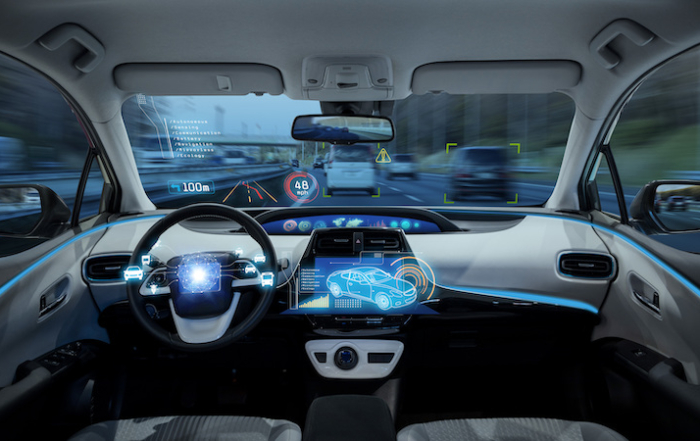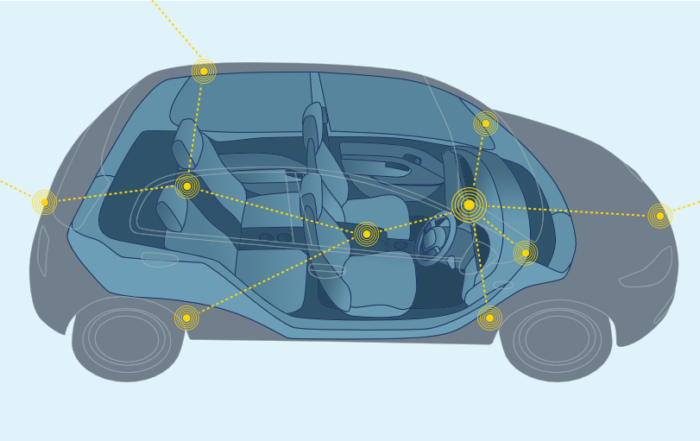 Digitalisation is a phenomenon that has been transforming business and consumer markets for years and is now starting to have a noticeable impact on industry. But successful digitalisation requires business leaders who understand how to create value with software, a competence that is far from common in High-Tech industry.
Digitalisation is a phenomenon that has been transforming business and consumer markets for years and is now starting to have a noticeable impact on industry. But successful digitalisation requires business leaders who understand how to create value with software, a competence that is far from common in High-Tech industry.

Termed the “fourth industrial revolution”, digitalisation in industry is about the impact that intelligent, networked cyber-physical systems will have on products and how they are manufactured. Digitalisation in business and consumer markets has been exceedingly disruptive to established players. There is no reason to think that will be different for industrial companies.
Owning the customer interface
Digitalisation changes the nature of the markets that it affects. Traditionally, market competition is often about reducing costs and increasing volume, with many European industries losing out to their Chinese competitors. However, digitalisation is less about cost than it is a race to own the interface to the customer. By owning the interface to the customer suppliers are able to build customer intimacy, rapidly adapt to changing needs and consequently design business models based on maximising value rather than on reducing cost.
The most successful digital companies are those that started business with a software centric strategy, for example Uber, Airbnb, Alibaba, etc. There are fewer examples of established companies that have made a successful transformation to the digital world. In a 2018 study, Mckinsey concluded that only 16% of established companies succeeded at sustained digital transformation. They also observed that having digital-savvy leaders in their management team was a key differentiating factor for the companies that were successful.

hhhh
For the last 30 years, innovation in High-Tech industry has been largely driven by advances in physical technologies, such as electronics, mechatronics and nano-technologies, etc. Today, many of the engineers who architected the hardware revolution occupy senior management positions in industry. These leaders may have a profound understanding of physical systems, but often they understand far less about software. For them software has always been just another discipline, the ‘glue’ that makes hardware work. This point of view is incompatible with a successful digitalisation strategy

Understanding the ability of software to generate value is utterly key to successful digitalisation and not a core competence widely present amongst the leaders of High-Tech industry. To borrow from Michel van Genuchten, only when the CEO of a company knows how much of his company’s revenue is generated through software has that company truly embraced digitalisation.
Read also
An outbreak of hubris
Software is the medium of digitalisation. If you don’t understand software, you have no hope of coming up with a decent digitalisation strategy.
Software is not a component of a vehicle
Automotive OEMs have evolved to become highly efficient outsourcing and system integration organizations. Everything related to a vehicle is thought of as a component, including software. The whole automotive system engineering process treats software as a component of a vehicle. This prevents them thinking about the software as a whole system.
Abstraction versus Vagueness in Software Engineering
Some software engineering teams have a problem understanding the difference between abstraction and vagueness. Since one is essential to the architecture and design of complex systems and the other leads to technical debt and poor software quality, software teams must grok the difference.



